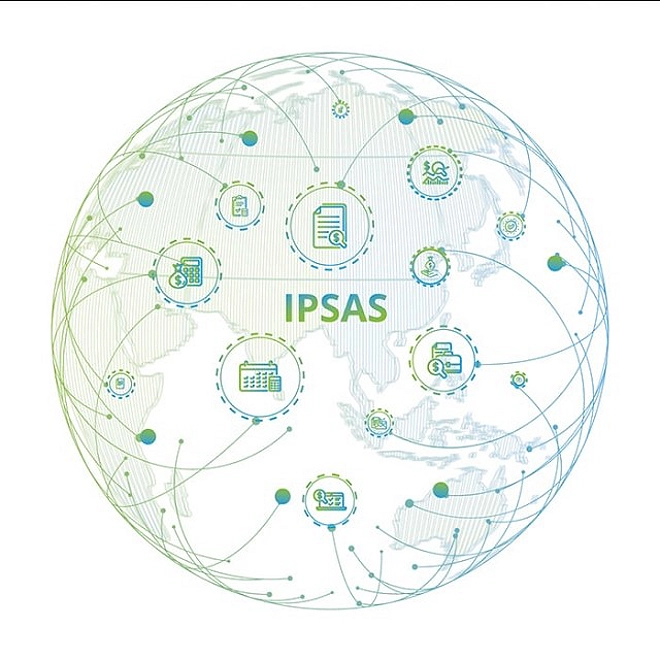Prohibited non-audit services and cooling-off period
Independence rules for auditors
The Belgian statutory auditor and his network worldwide are not permitted to provide a certain number of non-audit services to the Belgian audited entity, its parent(s) established in the European Economic Area (“EEA”) and its subsidiaries worldwide (the so-called prohibited non-audit services). These prohibited non-audit services cannot be provided from the first day of the first financial year to be audited until the issuing of the audit report (which is generally deemed to coincide with the general assembly approving the financial statements on which the audit report is issued).
Prohibited non-audit services
The prohibited non-audit services are contained in two black lists: a common black list applicable to all audited entities (whether or not public interest entities or PIEs), and a PIE black list only applicable to public interest entities (PIEs).



